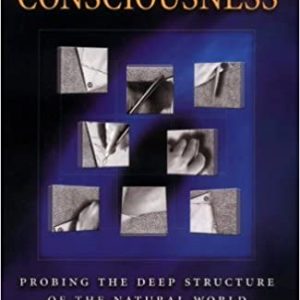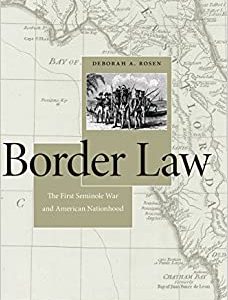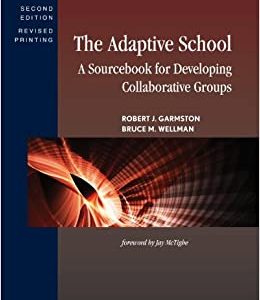Elementary Principles of Chemical Processes 4th Edition by Richard M. Felder
By: Richard M. Felder; Ronald W. Rousseau; Lisa G. Bullard
Publisher: Wiley
Print ISBN: 9781118431221, 1118431227
eText ISBN: 9781119192107, 1119192102
Edition: 4th
Copyright year: 2016
This best-selling text prepares students to formulate and solve material and energy balances in chemical process systems and lays the foundation for subsequent courses in chemical engineering. The text provides a realistic, informative, and positive introduction to the practice of chemical engineering.
An introductory material and energy balance course traditionally
plays several important roles in the chemical engineering curriculum.
On the most obvious level, it prepares the student to formulate
and solve material and energy balances on chemical process
systems and lays the foundation for subsequent courses in thermodynamics,
transport phenomena, separation processes, kinetics
and reactor design, and process dynamics and control. More
fundamentally, it introduces the engineering approach to solving
process-related problems: breaking a process into its components,
establishing the relations between known and unknown process
variables, assembling the information needed to solve for the
unknowns using a combination of experimentation, empiricism,
and the application of natural laws, and, finally, putting the pieces
together to obtain the desired problem solution.
We have tried in this book to fulfill each of these functions.
Moreover, recognizing that the material and energy balance course
is often the students? first real encounter with what they think may
be their chosen profession, we have attempted to provide in the
text a realistic, informative, and positive introduction to the
practice of chemical engineering. In the first chapter we survey
fields that recent chemical engineering graduates have entered and
describe the variety of research, design, and production problems
they might confront. In the rest of the book we systematically
develop the structure of elementary process analysis: definitions,
measurement and calculation of process variables, conservation
laws and thermodynamic relations that govern the performance of
processes, and physical properties of process materials that must
be determined in order to design a new process or analyze and
improve an existing one.











